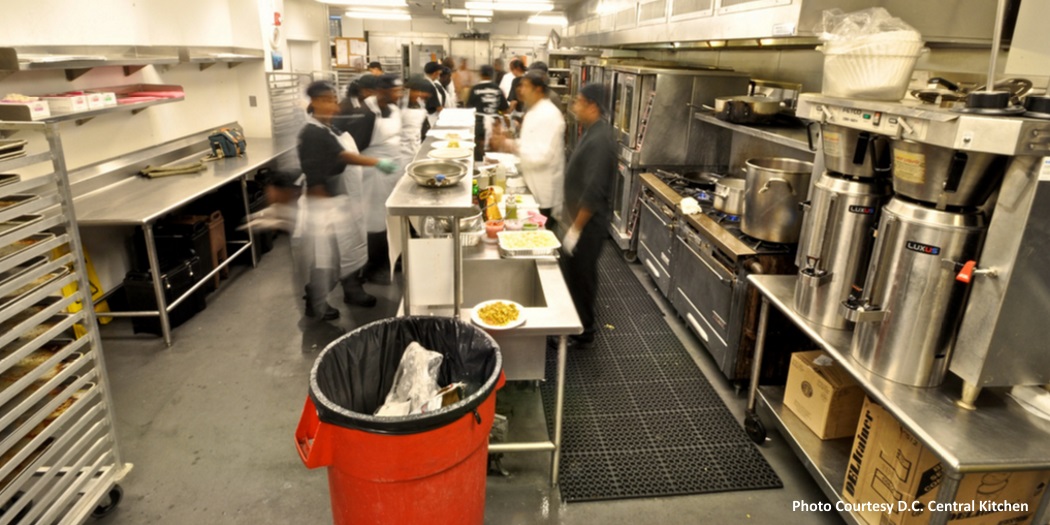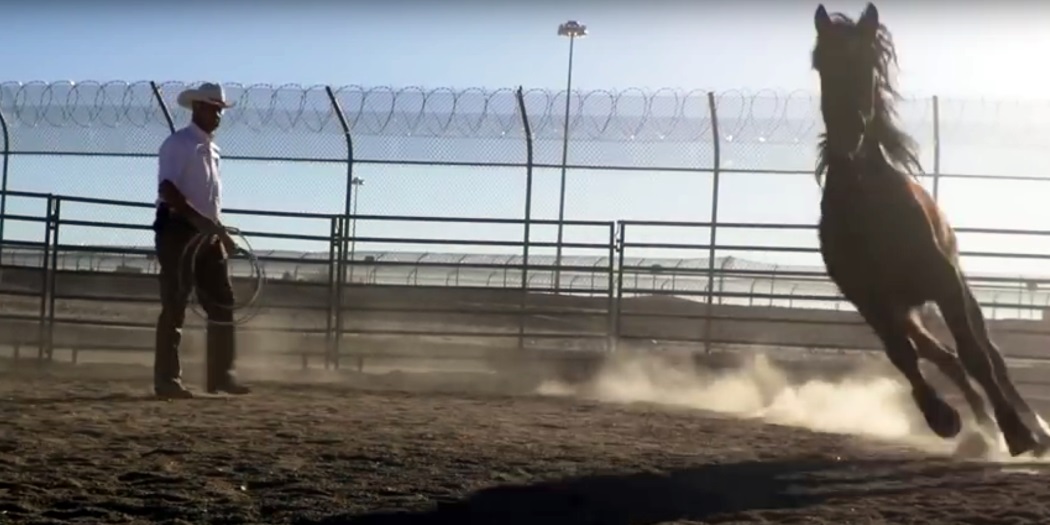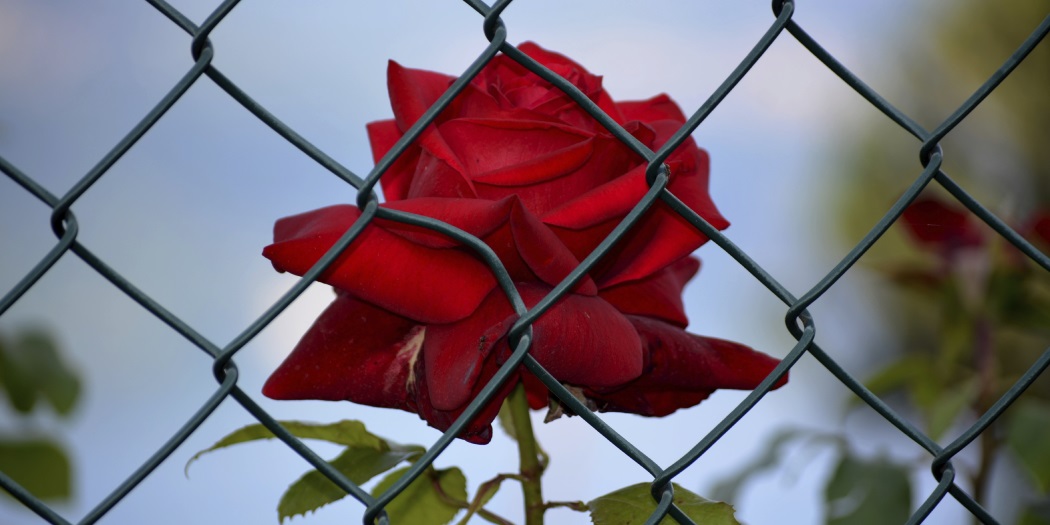“I never knew when my father was coming home,” Ahmarr Melton told DelawareOnline.com.
For 14 years, Melton watched other boys play with their fathers and experience a unique relationship that he never had. His own father, Coley Harris, had been serving a second-degree murder sentence since Melton was two years old.




